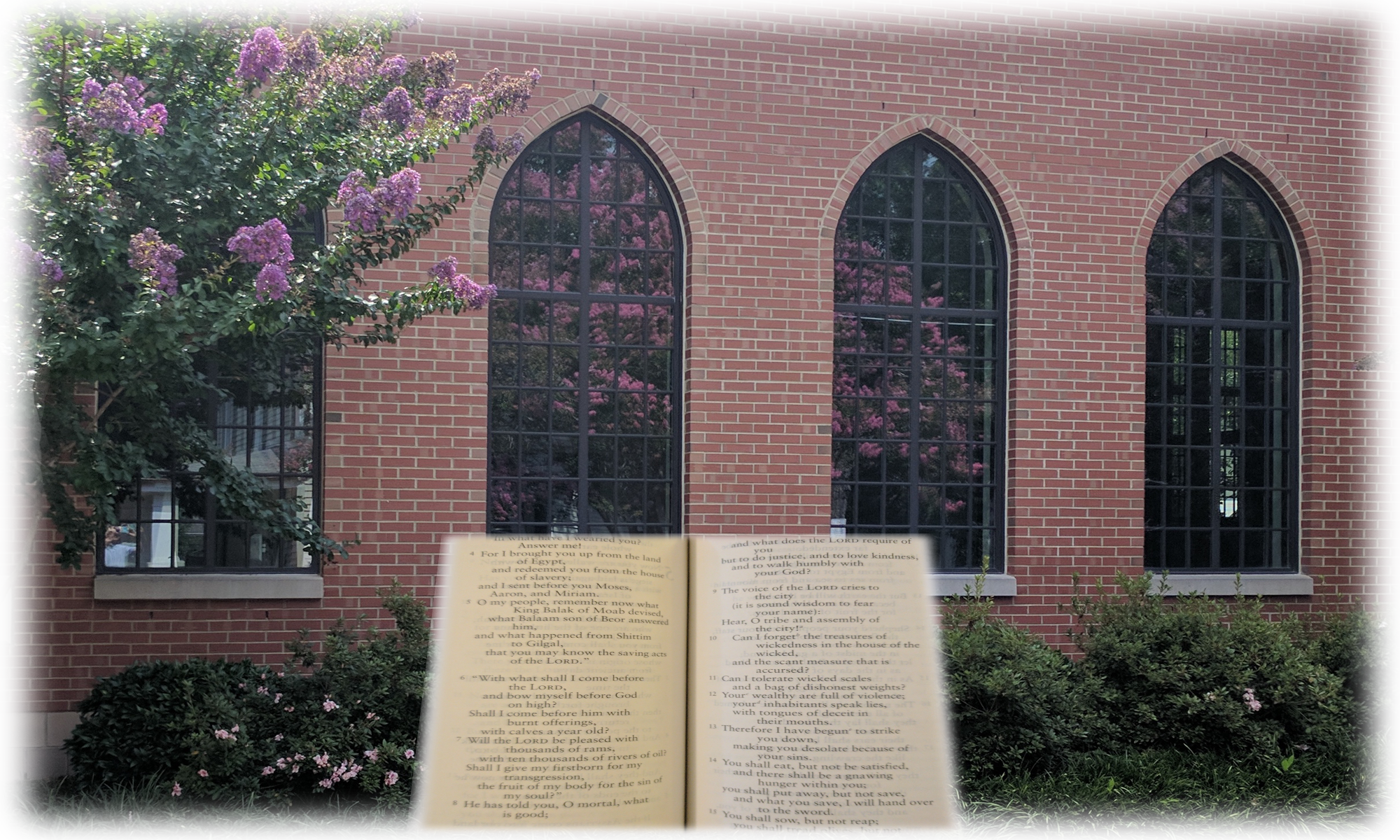
As we consider the origins of Anti-Judaism in our own religious tradition it is fitting that we take time to ponder the wider problem of racism within our larger society and the Church. I am profoundly grateful to Dr. King for his leadership in the movement that transformed the society in which we live, but that transformation is not yet complete.
When I started school in Oneonta, Alabama in 1964, a year after the Children’s march in Birmingham, my school was still segregated. There were no black children in my first-grade class and none in my second grade class. When I reached fourth grade there were a few.
In class one day I was arguing quietly with George, one of the new black students. It must have been loud enough for the teacher to notice, though, because she turned around and saw us. She sent us both to the office. I knew what that meant. I had been there before. It was sure to lead to a paddling.
I never imagined what would actually happen, though. The blows came with such force they knocked me to the floor. The principle put his left hand in the middle of my back and held me down as he continued to assault me with the paddle. His furry made no sense to me and I was terrified. He was even more brutal with George. I was in the emergency room the next morning covered with bruises, and George had a broken arm.
My father tried to press charges, but his employer informed him that he would be fired if he did not drop them.
The seething anger of such men, and the collusion of others who kept them in power was a form of evil with very real consequences for the children who had to face them. I see Martin Luther King, Jr. not only as George’s champion, but as my own. I am white, but Dr. King’s self-sacrificial commitment to non-violence brought about far reaching changes that make events like the one George and I experienced less likely to happen (though I’m sure they still do in some places).
Fifty years since the schools were integrated in Alabama, 11:00 am on Sunday morning remains the most segregated hour of the week in much of America. How can it be that people who claim to follow Jesus are unable to solve this problem?
I wish George well today and hope he finds comfort and pride in remembering the work of Dr. King. We still have a lot of work to do to flesh out the dream.


You must be logged in to post a comment.